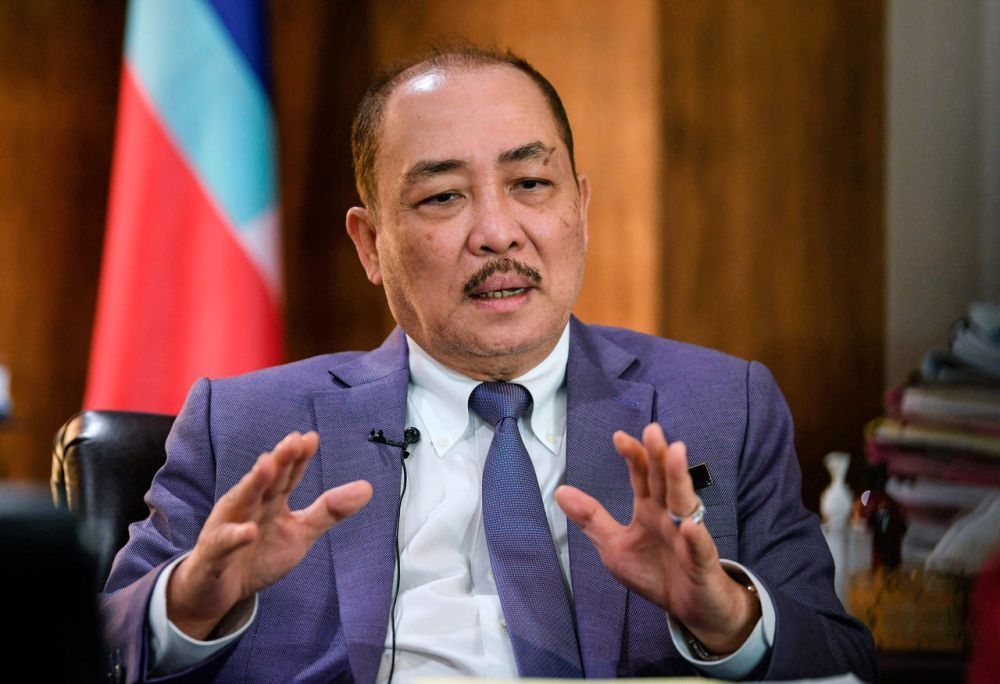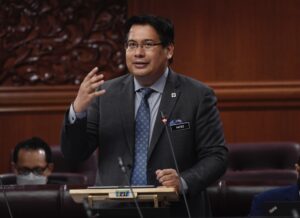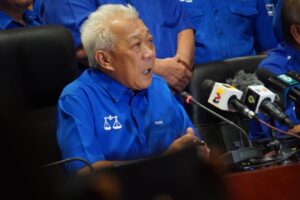KOTA KINABALU, Nov 10 — Sabah Chief Minister Datuk Seri Hajiji Noor said it is up to the federal government to decide whether to appeal the Kota Kinabalu High Court ruling affirming Sabah’s constitutional right to 40 per cent of net federal revenue collected from the state.
Hajiji, who leads the Gabungan Rakyat Sabah (GRS) administration, said the state government had already conveyed its stance urging Putrajaya not to appeal, and that its position remains unchanged.
Declining to comment on federal Entrepreneur Development and Cooperatives Minister Datuk Ewon Benedick’s recent resignation, Hajiji said the matter was under federal jurisdiction.
“We have already made a statement — if possible, we do not want the federal government to appeal,” he told reporters when asked about the state government’s position.
“If they want to appeal, then they want to appeal,” he added.
Ewon, who is also United Progressive Kinabalu Organisation (Upko) president, announced his resignation from the federal Cabinet last weekend, citing disagreement with the Attorney General’s Chambers’ position on the 40 per cent entitlement.
He said he had read the written judgment from the High Court and could not agree in principle with the federal government’s approach to the matter.
The High Court last month ruled that the federal government is constitutionally obliged under Article 112C to review and pay Sabah its 40 per cent share of net revenue derived from the state — a right that has long been a source of contention between both governments.
Prime Minister Datuk Seri Anwar Ibrahim also addressed the issue during his weekend visit to Sabah, saying the federal government had provided development allocations exceeding the revenue collected from the state.
He said Sabah-generated revenue amounted to about RM10 billion, while federal allocations to the state totalled RM17 billion — remarks that drew criticism from state advocates who said the comparison conflated federal spending with constitutional obligations.






